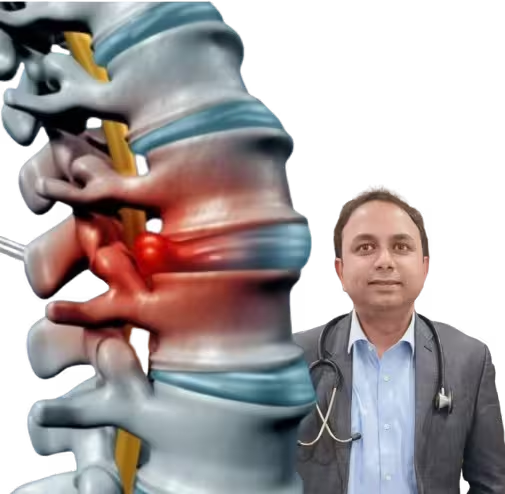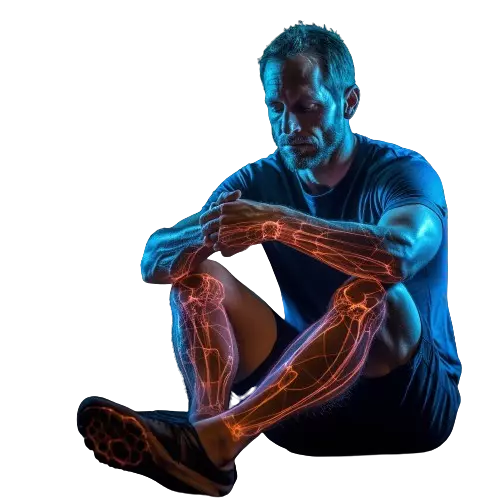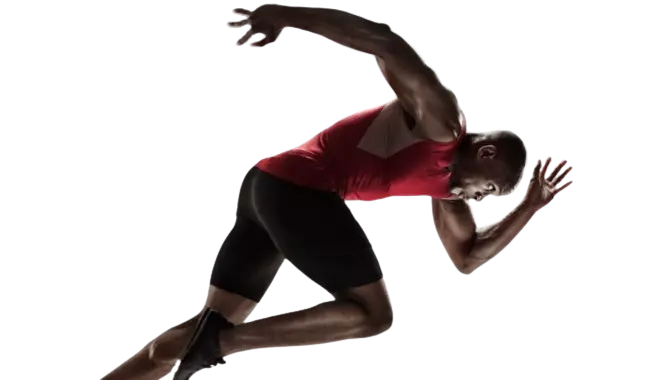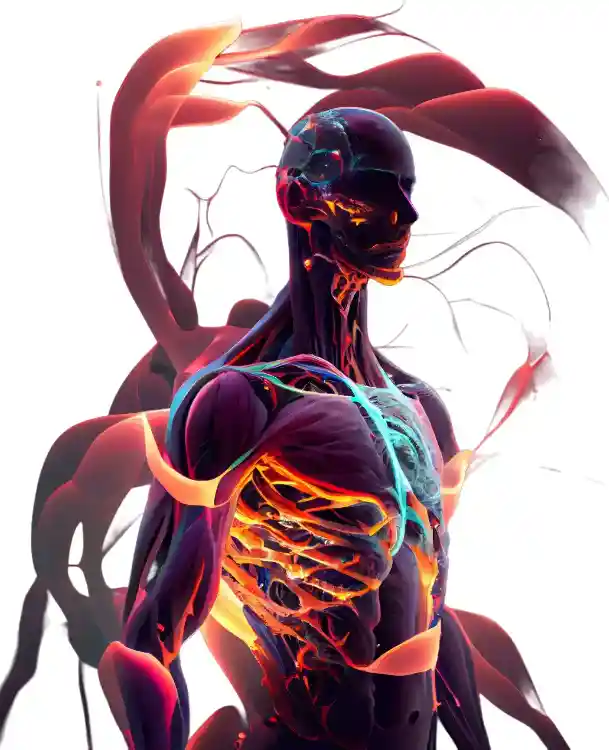A Comprehensive Guide to Spinal Relief in Kolkata
Discectomy is a surgical procedure designed to relieve pressure on a spinal nerve by removing a portion of a herniated or damaged intervertebral disc. This procedure is often recommended for patients experiencing significant pain, numbness, or weakness in their back or limbs due to a herniated disc pressing on a nerve root. Discectomy can be performed on any part of the spine—cervical, thoracic, or lumbar—depending on the location of the herniated disc.
Understanding the Need for Discectomy
The spine is composed of a series of vertebrae, between which are soft, cushion-like discs that absorb shock and facilitate movement. However, due to injury, aging, or degenerative disc disease, these discs can become damaged or herniate, causing them to bulge out of place. When a disc herniates, it can press against nearby spinal nerves, leading to symptoms such as:
Dr. Gautam Gupta:
Types of Discectomy Procedures
When conservative treatments such as physical therapy, medications, or epidural injections fail to alleviate these symptoms, a discectomy may be recommended.
- Severe back pain: Particularly in the lower back or neck, depending on the disc's location.
- Radiating pain: Pain that extends down the arms or legs, often following the path of the affected nerve.
- Numbness or tingling: Sensations in the limbs, which can hinder movement and coordination.
- Muscle weakness: In severe cases, herniated discs can cause significant muscle weakness, making daily activities difficult.
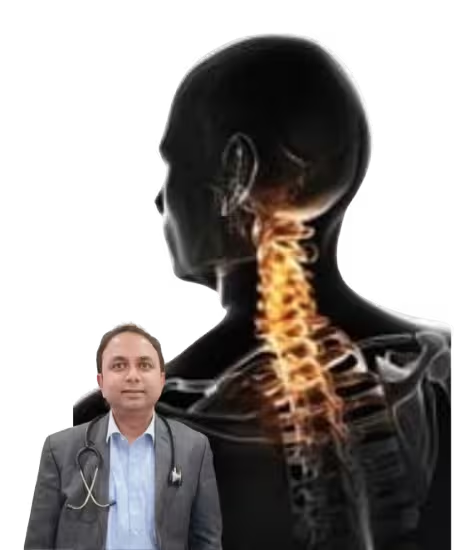
What is Closed Reduction Internal Fixation (CRIF)?
Types of Discectomy Procedures
When it comes to advanced orthopedic care in Kolkata, Dr. Gautam Gupta is a name synonymous with excellence. With a wealth of experience in both traditional and modern surgical techniques, Dr. Gupta has successfully treated countless patients with complex fractures, sports injuries, and joint conditions.
An open discectomy involves making a larger incision in the back to access the spine. The surgeon then removes the damaged portion of the disc that is compressing the nerve. While effective, open discectomy is more invasive, leading to longer recovery times.
Microdiscectomy is a minimally invasive procedure that uses smaller incisions and specialized instruments to remove the herniated disc material. This technique reduces tissue damage, minimizes scarring, and speeds up recovery. It is one of the most commonly performed spine surgeries due to its effectiveness and reduced recovery time.
Endoscopic discectomy is the least invasive option, utilizing an endoscope—a small camera attached to a flexible tube—to visualize and remove the damaged disc material. This technique requires only tiny incisions and is associated with the fastest recovery times.
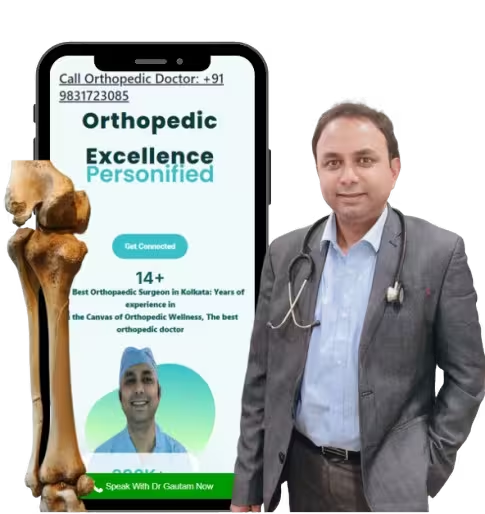
Benefits of Discectomy
Discectomy offers several benefits for patients suffering from herniated discs, including:
01
Pain relief:
Significant reduction or elimination of pain, particularly in the back and limbs.
02
Improved mobility:
Restoration of movement and flexibility, allowing patients to resume daily activities.
03
Quick recovery:
Minimally invasive techniques like microdiscectomy and endoscopic discectomy offer shorter recovery times.
04
Long-term relief:
Discectomy can provide long-term relief from symptoms, improving the patient's quality of life.
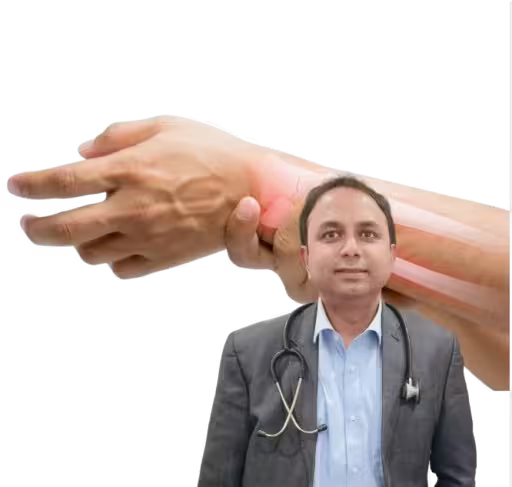
Risks and Complications
As with any surgical procedure, discectomy carries certain risks. These may include:
01
Infection
Though rare, infections can occur at the surgical site.
02
Nerve damage:
Potential damage to surrounding nerves during surgery, which may lead to numbness or weakness.
03
Recurrence of herniation:
In some cases, the disc may re-herniate, requiring additional treatment.
04
Spinal instability:
If too much of the disc is removed, it may cause instability in the spine, leading to the need for further surgery.
